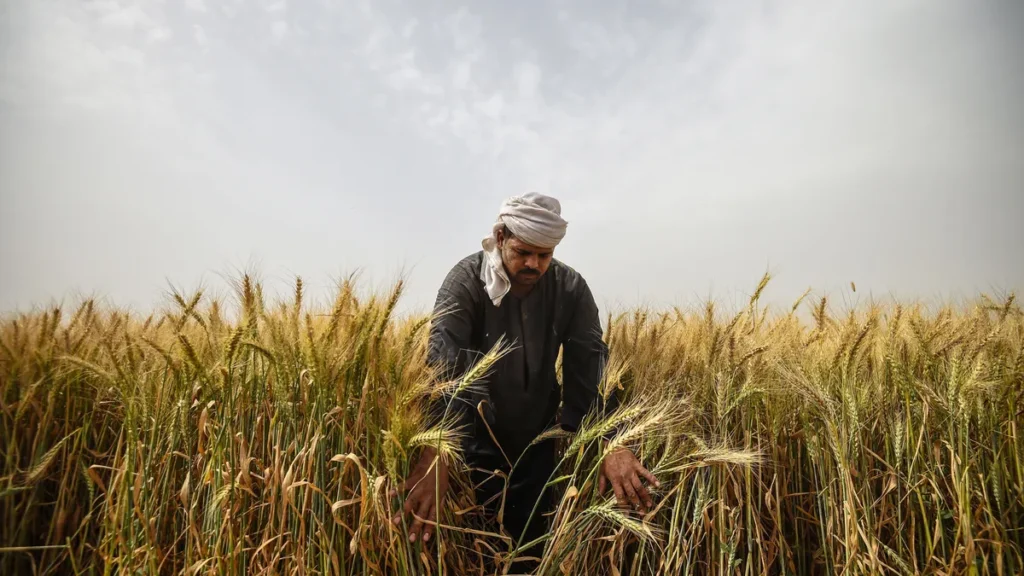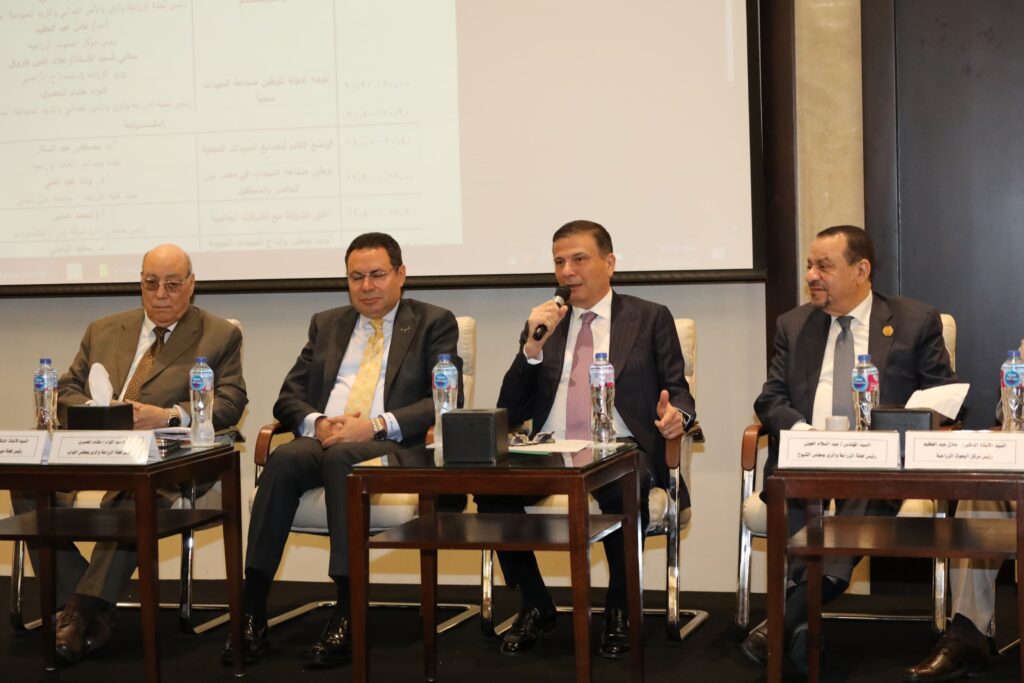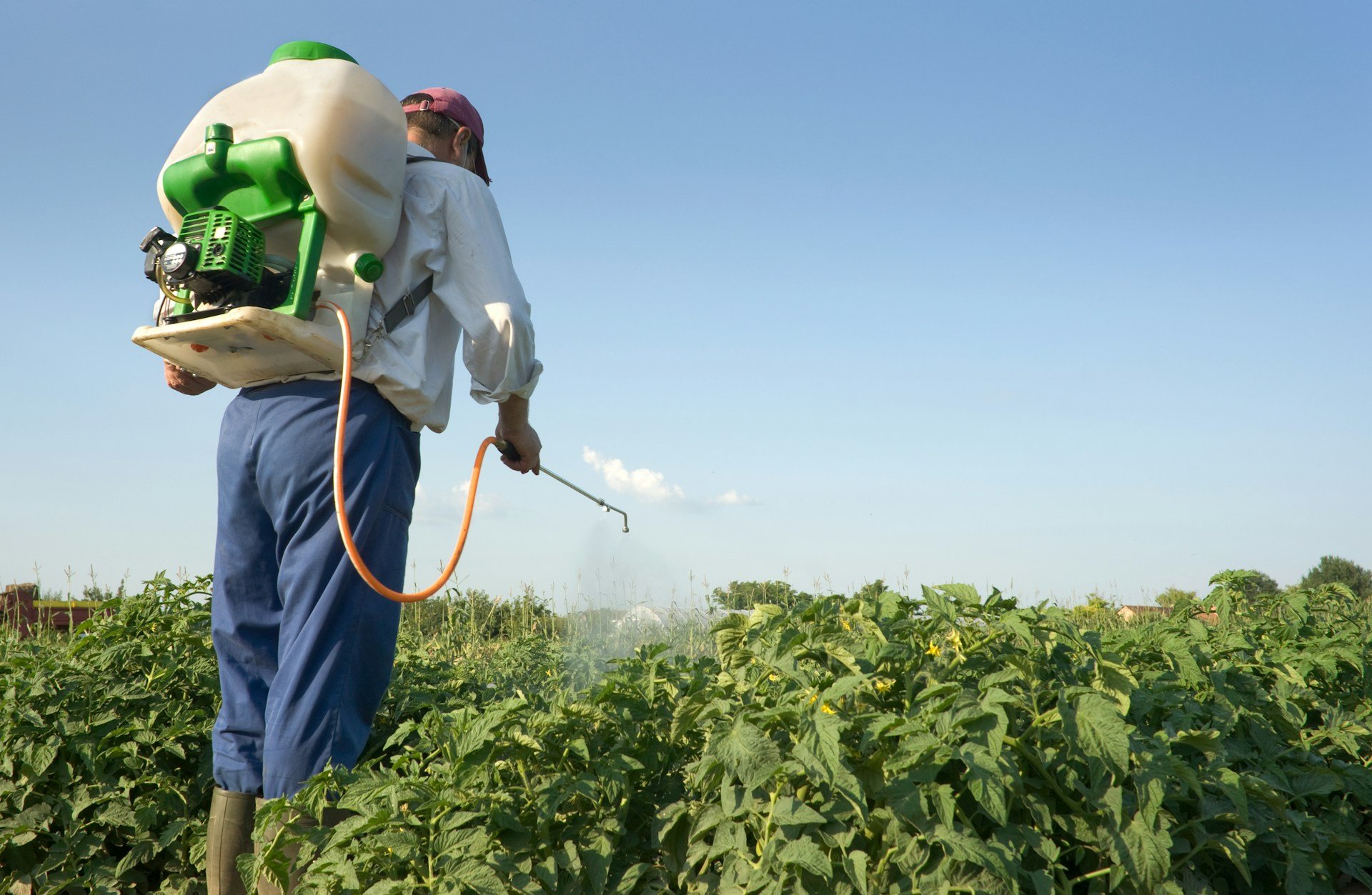Food & Climate
The government seeks to localize the pesticide industry in Egypt, as this has become a necessity imposed by global economic challenges. Therefore, it is offering numerous concessions to investors, such as tax incentives and the provision of land for projects, according to statements by the Minister of Agriculture and Land Reclamation, Alaa Farouk.
Farouk stated that the government is making every effort to localize the pesticide industry in Egypt as a strategic step to reduce dependence on imports and provide safer, more effective pesticides at reasonable prices to support farmers, in light of rapid regional and international changes that directly negatively impact the agricultural sector.
This came during his speech at the launch of the workshop organized by the Agricultural Pesticides Committee, entitled “Localizing the Pesticide Industry in Egypt,” according to a statement received by “Food & Climate” platform, today.
The number of registered commercial products in Egypt is approximately 3,310, including 352 biological products. Annual pesticide consumption in Egypt amounts to approximately 8,277 tons of active ingredient, of which only 2,849 tons are locally produced. “This reveals a significant production gap of approximately 4,782 tons, equivalent to 66% of total consumption,” according to Farouk.
Farouk said: “Egypt is making steady progress toward supporting this vital sector and providing a stimulating investment environment capable of embracing innovation and technology and enhancing local production capabilities.”
Exporting Pesticides
Egyptian Minister of Agriculture Alaa Farouk believes that deepening local pesticide manufacturing will not only help bridge the gap covered by imports, but also provide promising export opportunities, particularly to African countries, where agricultural activity constitutes a source of livelihood for more than 70% of the population.
This makes it a strategic market, given the declining production of some major producers, such as China. This enhances Egypt’s chances of becoming a leading regional center for the pesticide industry.
There are 48 pesticide factories in Egypt, most of which are concentrated in the West Delta region and focus on packaging and processing. However, these factories face challenges related to competitiveness, compliance with international standards, and meeting the needs of Egyptian farmers, according to Farouk.
Farouk emphasized that the Ministry of Agriculture possesses the competencies and expertise of diverse scientists and researchers in various disciplines. It also has research centers and institutes, making Egypt a promising country, especially as it currently offers its expertise to many countries around the world, primarily the African continent.
Farouk indicated that the Ministry of Agriculture provides all forms of support and powers to localize the pesticide industry in Egypt, especially since this goal requires concerted and concerted efforts, the involvement of the private sector, and encouraging it to participate in development efforts.

Incentives to Support the Pesticide Industry in Egypt
Egyptian Minister of Agriculture, Alaa Farouk, emphasized the need to strengthen the local pesticide industry by developing specialized industrial zones, providing suitable land, offering tax incentives, and activating the role of commercial offices abroad to market products. This is in addition to supporting the trend toward safe and green pesticides, and enabling national cadres to keep pace with the latest developments in the industry globally.
It is worth noting that Farouk launched the Sustainable Pesticide Management Framework project in Egypt at the end of last year, which is being sponsored by the Crop Life Group in coordination with the Agricultural Pesticides Committee.
He stated at the time that the amount of pesticides used in agricultural land in Egypt is estimated at approximately 10,000 tons, and that 5 million tons of pesticides are produced globally, equivalent to $60 billion. More than 7% of these pesticides are adulterated, unfit for use, and harmful to human health.
The Minister added at today’s workshop: “We are committed to providing full support to every serious investor, and we seek to overcome obstacles and build an integrated partnership with the private sector to serve the goals of sustainable agricultural development.”
He expressed his aspiration for further contributions from dedicated scientists, experts, and businessmen to achieve fruitful results and develop a future vision for localizing the pesticide industry in Egypt, explore investment and development opportunities, and put forward feasible proposals in partnership between relevant authorities and the private sector.

Dr. Mohamed Abdel Majeed, Chairman of the Agricultural Pesticides Committee, said: “The issue of localizing the pesticide industry in Egypt cannot be postponed due to its necessity. It must be addressed with determination and ambition to move forward, in two phases: achieving self-sufficiency; then exporting, especially since Egypt has accumulated knowledge and information and is capable, thanks to its scientists and experts, of achieving this accomplishment.”
The workshop will discuss several important issues, in addition to localizing the pesticide industry in Egypt. These include the current status of local pesticide factories, prospects for partnerships with international companies, and mechanisms for localizing and producing biopesticides in Egypt.
Abdel-Majeed added that a number of opinions and proposals from companies operating in the pesticide industry will be discussed, with the aim of increasing Egyptian production capacity and exports of agricultural pesticides. In addition, the workshop will showcase the innovations of young researchers at research centers and universities in biopesticides and plant extracts.

